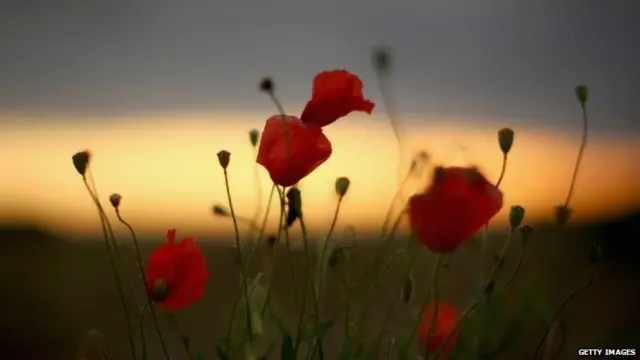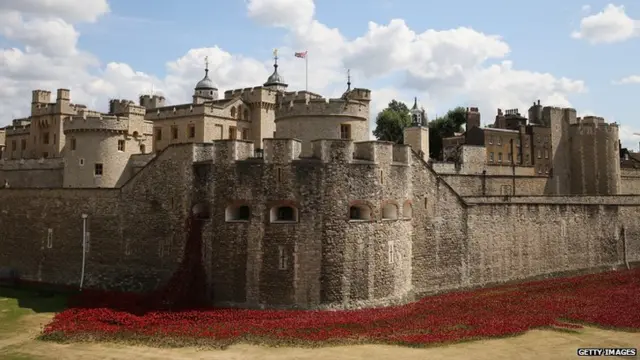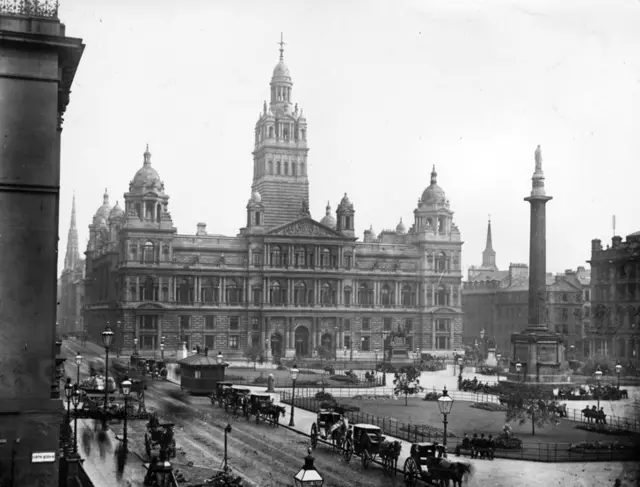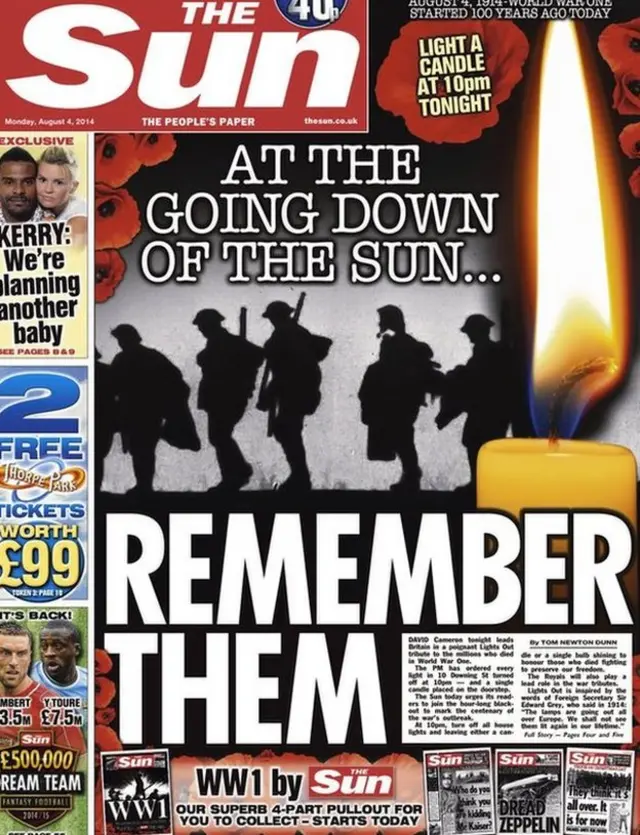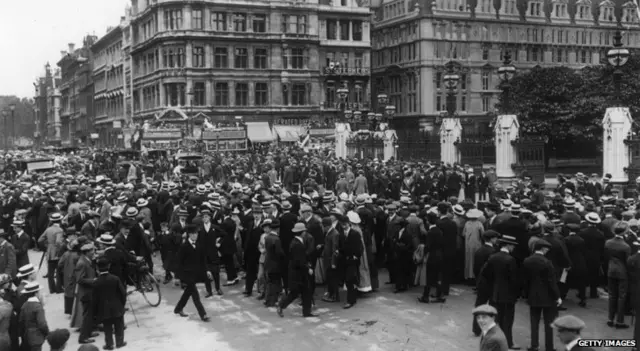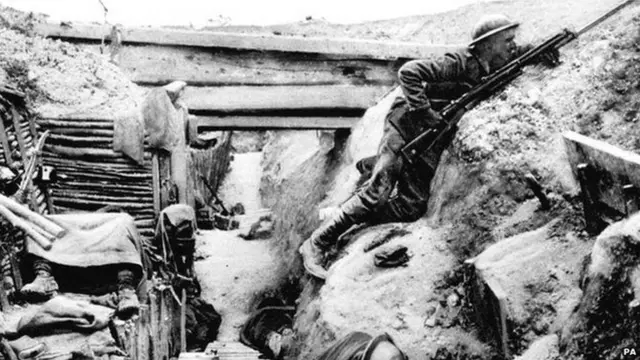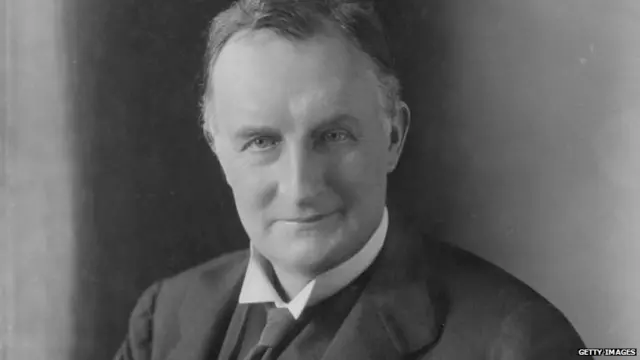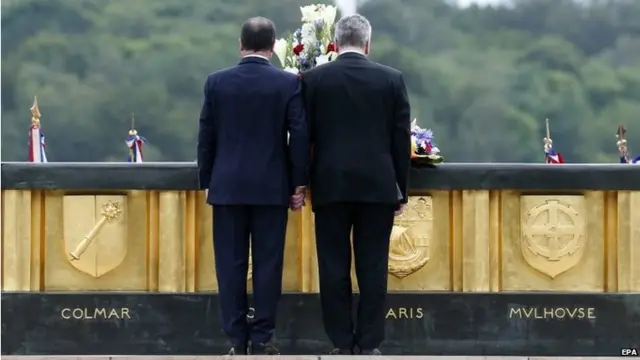Get involvedpublished at 08:04 BST 4 August 2014
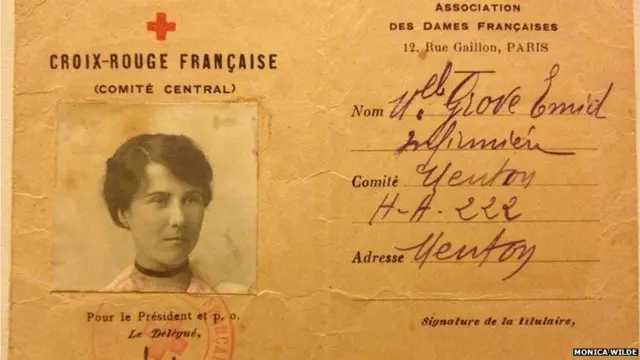 Image source, Monica Wilde
Image source, Monica WildeMonika Wilde in West Lothian, Scotland emails: Attached is a picture of the identity card of my amazing, inspirational grandmother Enid Grove. As a young woman of 23, she joined the French Red Cross as a nurse, and nursed the wounded for the rest of the First World War and beyond, going on to nurse in Cologne, Macedonia and Algiers.
